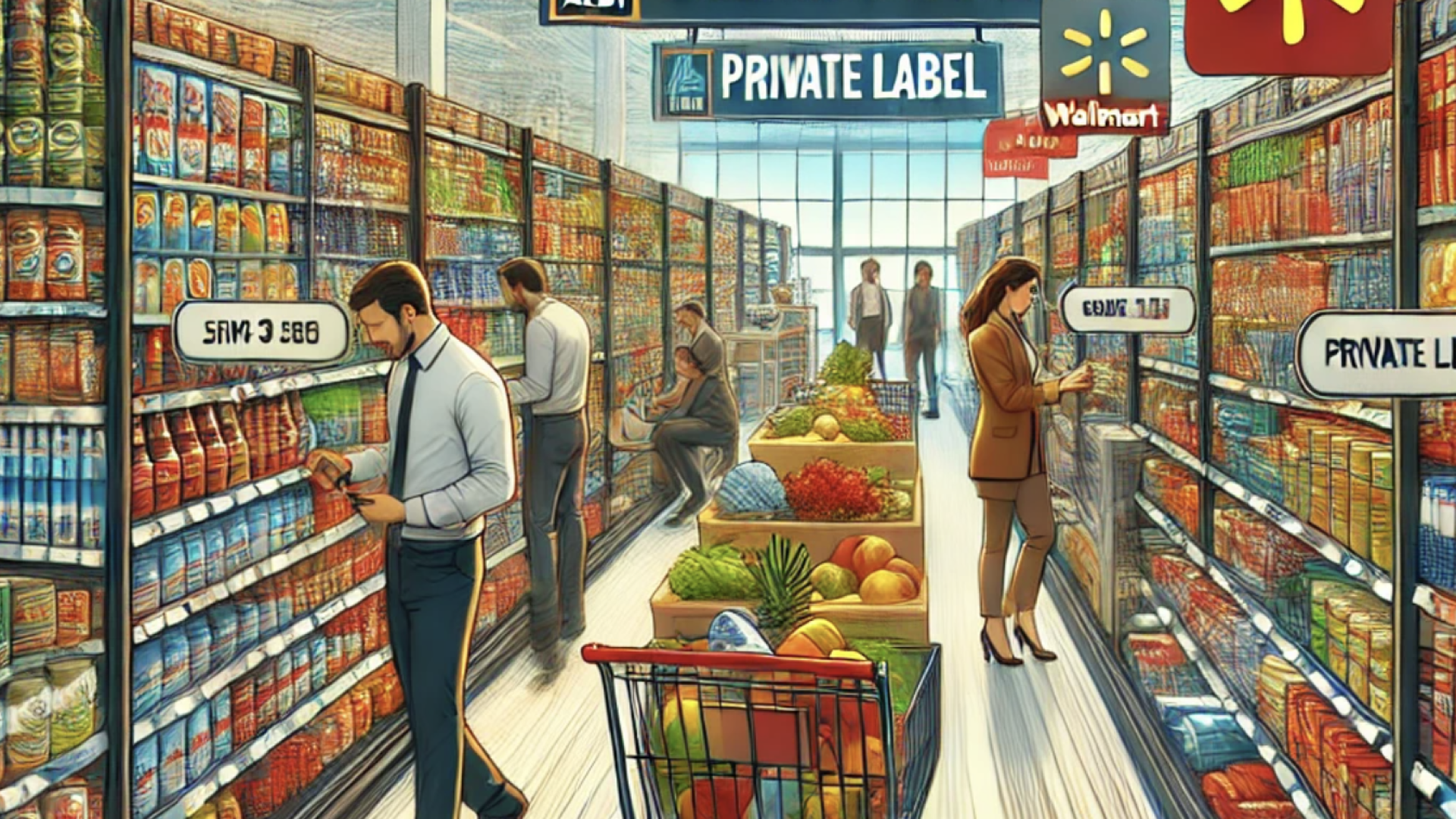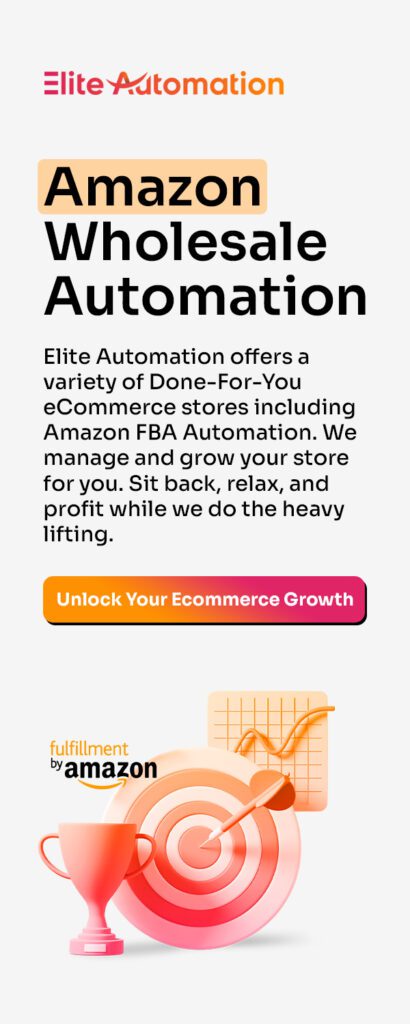Best Private Label Brands That Are Dominating Retail in 2024
As consumers increasingly seek ways to save money, retailers are doubling down on their private label offerings. Many have expanded, revamped, or introduced new lines in recent months. But which private label brands are rising to the top?
Let’s dive in.
Introduction to Private Label Brands
Private label brands, also known as store brands or own brands, are products that retailers produce and sell under their own brand name. These products often offer similar quality to national brands but at a lower price point, making them appealing to cost-conscious consumers.
In recent years, the popularity of private label brands has surged, driven by economic pressures and shifting consumer preferences.
Leading Retailers in Private Label Sales
According to recent data from Numerator for the 12 months ending June 30, Aldi leads the retail pack in terms of private label sales as a percentage of overall sales, at 80%. Trader Joe’s follows closely with 69%. There’s a significant drop-off for third place, Costco, at 34%, trailed by HEB, Sam’s Club, Walmart, and Dollar Tree.
- Aldi: 80% of sales from private label products.
- Trader Joe’s: 69% of sales from private label products.
- Costco: 34% of sales from private label products.
- HEB: Significant private label sales but less than Costco.
- Sam’s Club: Competitive private label offerings.
- Walmart: Strong private label presence.
- Dollar Tree: Growing private label sales.
Walmart’s Dominance in Household Penetration
Walmart’s private labels dominated household penetration among private label brands, with six of its own brands among the top seven. Its Great Value brand scored an impressive 86% household penetration, followed by Equate (75%), Mainstays (70%), Marketside (69%), Freshness Guaranteed (67%), and Pen + Gear (47%). Other notable mentions include:
- Dollar Tree: 65% household penetration.
- Aldi: 45% household penetration.
- Target’s Up & Up: 43% household penetration.
- Costco’s Kirkland Signature: 43% household penetration.
Fastest-Growing Private Label Brands
Kroger’s Smart Way brand, which launched in fall 2022, was the fastest-growing private label year-over-year, with sales volume up 135%. Following closely were Dollar Tree’s B Pure (92%) and Walgreens’ Complete Home (59%).
Private Label Market Share by Category
Private label share has been strongest among general merchandise categories like office supplies (38.7%), home and garden (32.5%), and home improvement (29%). Grocery, while middling at just under 24% share, has achieved 100% household penetration. By retail channel, private labels in club stores (33.1%), office supply stores (30.3%), and mass merchants (28%) accounted for the highest portion of sales, while beauty products saw the lowest, at only 2.9%. However, Ulta Beauty may push to grow its share with the revamped Ulta Beauty Collection it debuted last month.
Consumer Perceptions of Private Label Brands
Numerator found that 43% of consumers buy private label products to save money, while 58% believe they offer an “above-average value.” However, under a third of consumers believe these brands are as good as name brands.
Analysis
Private label brands are undeniably shaping the future of retail, offering significant value to both consumers and retailers. As retailers continue to innovate and expand their private label offerings, we can expect these brands to become even more dominant in the market.
FAQs
- What are private label brands ?
Private label brands are products that retailers produce and sell under their own brand name, often offering similar quality to national brands but at a lower price point. - Which retailer has the highest percentage of sales from private label products ?
Aldi leads with 80% of its sales coming from private label products. - Which private label brand has the highest household penetration ?
Walmart’s Great Value brand has the highest household penetration at 86%. - Which private label brand is the fastest-growing ?
Kroger’s Smart Way brand is the fastest-growing, with a 135% increase in sales volume year-over-year. - Why do consumers buy private label products ?
43% of consumers buy private label products to save money, and 58% believe they offer above-average value. However, less than a third believe these brands are as good as name brands.



